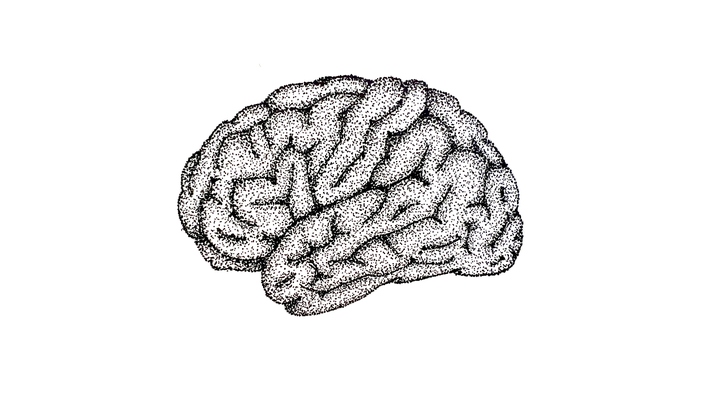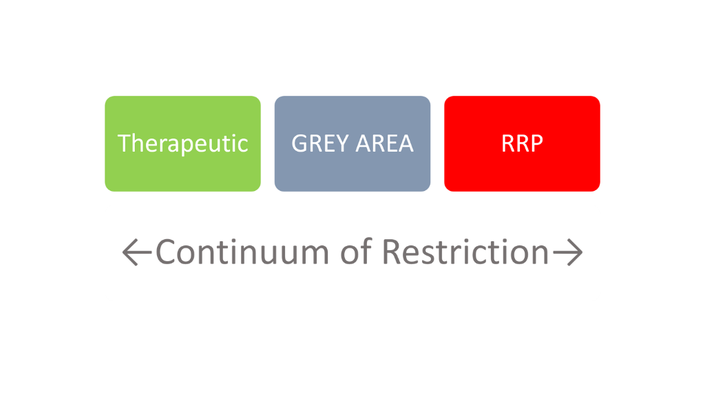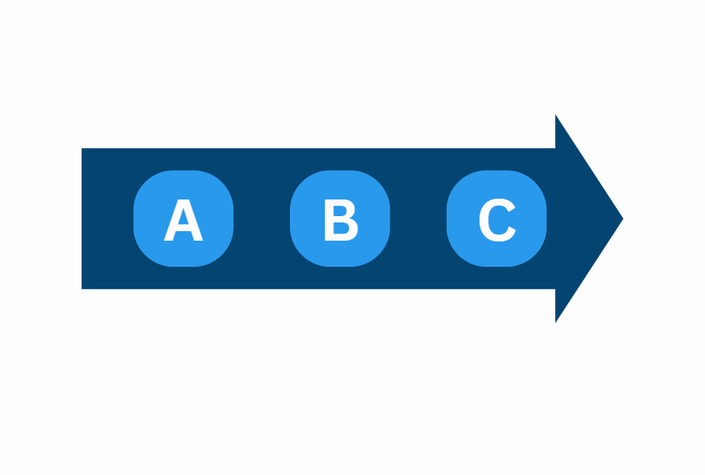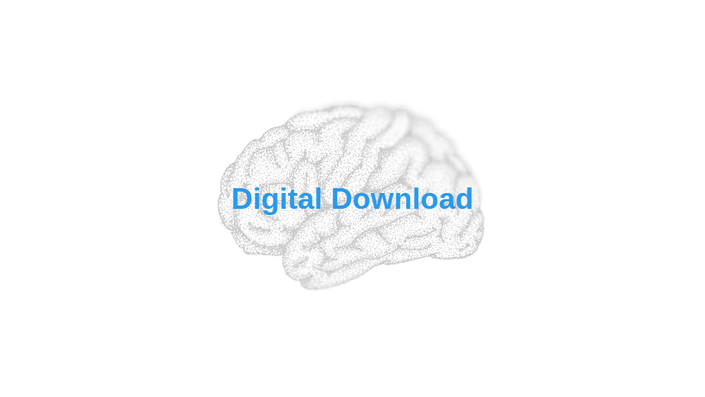Did you know?
Acquired Brain Injury disrupts and impairs functions of the individual’s unique brain and can dramatically change the way the individual thinks, behaves and relates in everyday situations.
This can occur to such an extent that the person may ‘no longer be the same’ as they were before the injury. Personality change is a common outcome.
Cognitive impairment is a common sequalae of brain injury and research shows that over 50% of people who’ve had a severe injury will display behaviour change.
With ABI there is no one size fits all approach. The cause and severity of the brain injury will influence the areas of the brain that are injured and the areas that are relatively spared.
As a result, the nature of behaviour change and the extent of cognitive impairments will vary from person to person.
Just as no two brains are the same, neither are any two injured brains.
This course will help you:
Increase your understanding of brain injury and behaviour
Learn the key anatomical regions within the frontal lobes and limbic regions of the brain and their role in behavioural regulation
Understand executive cognitive function and the impact on behaviour change
Learn about behavioural dysregulation and three key features: perseveration, impulsivity and adynamia
Review the functional impact of behaviours of concern / challenging behaviour on activity and participation
Refresh and extend your knowledge of recovery after brain injury
Hear case examples briefly describing characteristically different profiles of cognitive impairment and behaviour change
Learn how an understanding of the brain injury informs the development of therapeutic, least restrictive interventions that help build skills and participation.
Download a certificate for professional development points
Sue Sloan
As a registered occupational therapist and clinical neuropsychologist, I’ve worked in the field of brain injury for over 40 years. I've met many hundreds of people with brain injury and, in my clinical role, conducted assessments and developed intervention programs to address cognitive, behavioural and functional sequalae.
I’ve coupled clinical work with research and publication most recently in my position as adjunct lecturer at Monash University. The expertise I’ve built has been recognised nationwide.
I have designed Therapeutic Behaviour courses for occupational therapists, speech pathologists, psychologists, case managers and behaviour support practitioners.
I aim to share what I’ve learnt with you. To help you build your knowledge and practical skills to manage cognitive impairment and challenging behaviours, and to develop therapeutic programs for your clients.
Understanding the brain injury and the resulting functional impairments helps you understand the person - it's the first step in working out a plan of action.
Curriculum
- Welcome and overview of the course (2:30)
- PDF Download copy of presentation
- An introduction to acquired brain injury (ABI) (6:09)
- Neuroanatomy: focus on the functions of the frontal and limbic regions of the brain (21:10)
- The brains executive system: adaptive behaviour (4:03)
- Regulation of behaviour within prosocial limits (3:21)
- Impairments following injury to the frontal lobes and limbic regions (11:48)
- Executive cognitive impairments (7:07)
- Impairments create activity limitations and participation restrictions (15:06)
- Recovery of function after ABI (15:34)
- Take the Quiz!








